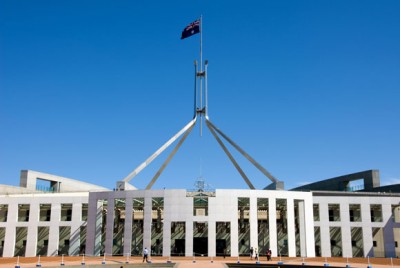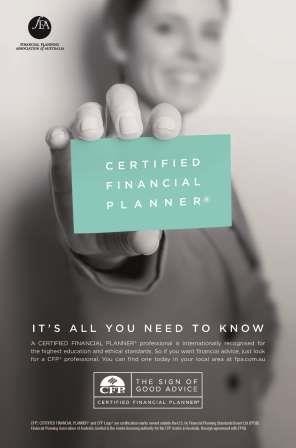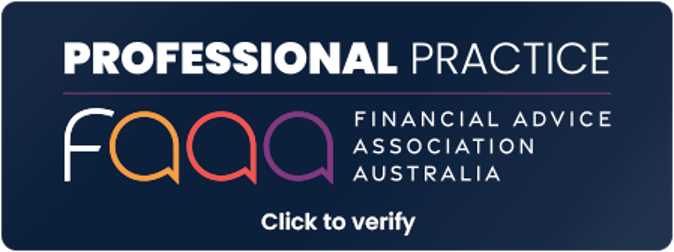
If you have a self-managed super fund (SMSF), you don’t just need to watch out for the strict laws and regulations that govern SMSFs. There is also the risk of losing your hard-earned retirement savings to investment spruikers.
One of my favourite investments sayings is, ‘If it sounds too good to be true, then it is’ – and this certainly applies to investment spruiking.
The explosion in the number of SMSFs in recent years has been accompanied by an even faster growth in the number of cheats and swindlers out there who are trying to get their hands on your hard-earned money.
Recognising that this represents a large risk to our superannuation system, the Australian Federal Police has set up a specific unit to monitor the activities of these investment promoters around small DIY super funds. Unfortunately, that unit is growing.
These investment promoters are exploiting two everyday character traits – the desire to make money fast, and trust. People who run their own super fund are often ideal targets for crooks. They are likely to have larger amounts available for investing than average members of the community, and their motivation is most often to improve their own financial position. Even the better educated can fall victim to investment scammers, so you need to be alert.
Always remember that reputable investment providers do not make cold calls to your home or business. Nor do they try to rush you to make a quick decision to invest funds with them. If you are contacted out of the blue – usually by phone, by an investment promoter, it’s worth asking the following questions to see if you could be speaking with a scammer.
First up, try asking ‘Why did you phone me and how did you get my number?’ If the response is that it was your bank, rest assured, your bank will never provide your contact details to an external party as it is illegal to do so. So don’t fall for that one.
Next, ask ‘Can you please send me something in writing so that I can consider the opportunity more completely?’ Of course the scammers will not provide you with anything in writing as that will leave a trail that can be followed by our investment regulator the Australian Securities and Investments Commission (ASIC).
Perhaps the best question, which shows that you have some knowledge of the Australian investment system, is ‘What is your AFSL number?’ An AFSL is the Australian Financial Services Licence, which must be quoted on demand by an authorised provider of investment advice.
If you think it might be a scam, just dump it – there are untold other investments you can consider. Ask for the caller’s details and contact number on the basis that you then can contact them when it is convenient to you. If they give it to you, try using an internet search engine to see if they have a public profile, or go to the ASIC website or the consumer-based MoneySmart website and look at the scams area.
Con artists who aim to fleece people of their super have no misgivings about preying on the under-informed and unwary. Don’t become yet another victim.
For more ideas on protecting your super savings from crooks, take a look at my book Control Your Own Super Fund.























































